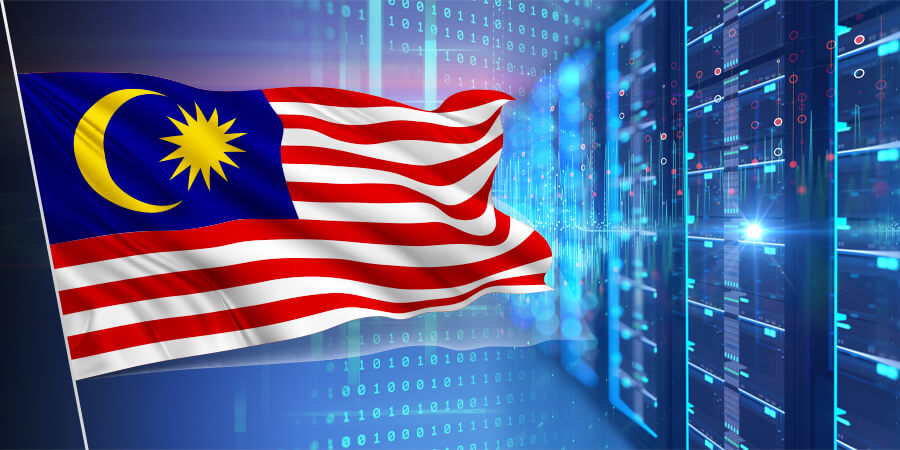GDS, a leading developer and operator of high-performance data centers, launched its Nusajaya Tech Park Data Center Campus in Johor, Malaysia.
Present at the event were key officers from GDS. YB Senator Tengku Datuk Seri Utama Zafrul Tengku Abdul Aziz, Minister of Investment, Trade and Industry, and YB Lee Ting Han, Chairman of the Johor State Investment, Trade and Consumer Affairs Committee, also attended.
GDS' first data center in Southeast Asia is the Nusajaya Tech Park Data Center Campus, commonly known as the GDS NTP Data Center Campus. The phase 1 launch includes Nusajaya 1, 2 and 3 data centers (NTP 1, 2 and 3), with a total net floor space of 22,500 sq m and an IT power capacity of 69.5 MW. The campus boasts novel green architecture and makes use of GDS' cutting-edge smart DC solution, allowing for a quick 14-month delivery of NTP1 while also ensuring energy-efficient, low-carbon operations.
William Huang, Chairman and CEO of GDS, expressed his enthusiasm for the company's Southeast Asia expansion, stating, “As the first and only data center player that has identified [the] SIJORI region as a strategic location for data center deployment, GDS enjoys a significant first-mover advantage and possesses extensive industry know-how. To create synergies, we actively seek to build up the ecosystem through attracting strategic partners and customers from the AI sector as well as other high-tech industries. We are confident that our NTP data center campus will serve as a catalyst for the region's journey towards a world-class AI computing hub.”
The digitization wave sweeping Southeast Asia generates a spike in demand for solid digital infrastructure in the age of AI. GDS has strategically placed its data centers in key SIJORI cities such as Singapore, Johor, Malaysia and the Riau Islands Province in Indonesia, utilizing these competitive locations to spearhead the digitalization of the entire SIJORI region and cater to the growing digital needs of this AI-driven era.
YB Senator Tengku Datuk Seri Utama Zafrul Tengku Abdul Aziz said, "Data Center projects such as the GDS Nusajaya Tech Park Data Center Campus are very much aligned with Malaysia’s upcoming New Industrial Master Plan 2030 (NIMP2030), one of whose missions is to create a digitally vibrant nation. Apart from reaffirming Malaysia's growing stature as a premier investment destination for data centers, they also pave the way for MSMEs to tap into more digital opportunities and for creating higher-paying, knowledge-based jobs. With Malaysia’s data center market share projected to grow at roughly 16% (or US$ 2.08 billion) annually from 2021 to 2026, Malaysia is well-poised to unlock the boundless potential that digital transformation offers. This will certainly uplift our rakyat and businesses while underscoring our nation's commitment to digital innovation, sustainability and future economic growth.”
Furthermore, Datuk Wira Arham Abdul Rahman, chief executive officer of the Malaysian Investment Development Authority (MIDA), has lauded GDS's introduction of the Nusajaya Tech Park Data Center, saying, “MIDA is delighted to witness this milestone, which is a significant stride towards propelling our nation into the forefront of the digital age. Malaysia is the preferred location for industry leaders like GDS to site their best-in-class data centers. GDS's commitment resonates well with our New Investment Policy to foster sustainable economic growth, create high-skilled job opportunities and catalyze the nation's digital transformation journey. This project will create a vibrant ecosystem that encourages collaboration and the development of cutting-edge solutions.”
According to a recent Cushman & Wakefield report, Malaysia is a key data center market in Southeast Asia. GDS is set to partner with the state government to build a business-friendly climate, address the region's demanding data center demands and allow Southeast Asia to take a leadership role in the global digital economy.





